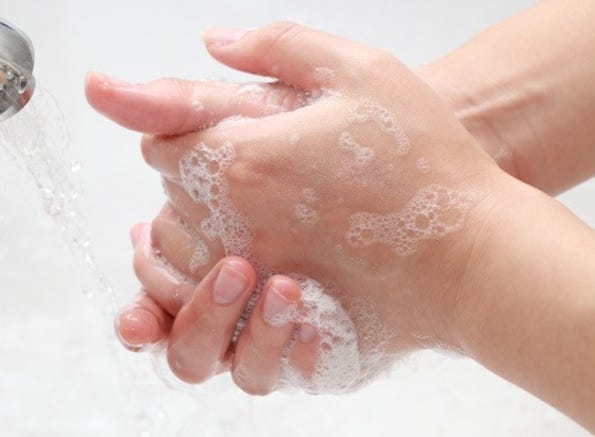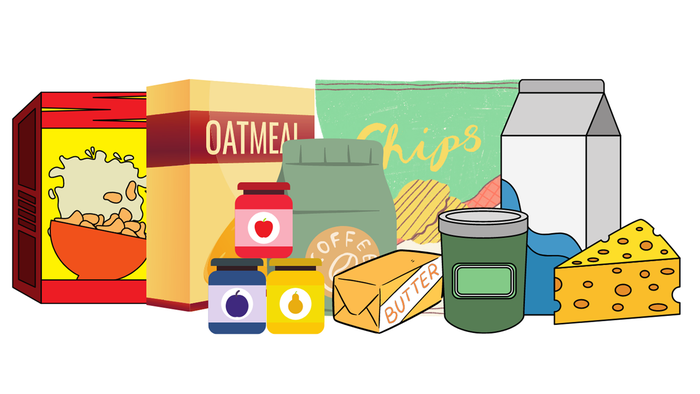Will the FDA finally wash its hands of triclosan?
May 8, 2013

 After years of research and concern about triclosan—an antibacterial chemical used in personal care and household products such as liquid soaps and body washes—could the Food and Drug Administration finally be taking some action to protect consumers’ safety? News of government researchers revisiting the issue and reviewing both its safety and the effectiveness suggests so; the FDA’s track record with triclosan and cosmetics safety in general begs to differ.
After years of research and concern about triclosan—an antibacterial chemical used in personal care and household products such as liquid soaps and body washes—could the Food and Drug Administration finally be taking some action to protect consumers’ safety? News of government researchers revisiting the issue and reviewing both its safety and the effectiveness suggests so; the FDA’s track record with triclosan and cosmetics safety in general begs to differ.
Cosmetics laws haven’t been updated in decades. As it stands, ingredients or products don’t need to be proven safe for consumer use. FDA has restricted or banned only 11 chemicals compared to more than 1,300 in the E.U. Seems the the only thing safe in this industry is to say that it's a free-for-all. And this isn’t the first time the FDA has “reviewed” the safety of triclosan (one of the E.U.’s banned ingredients).
Linked to sex hormone and fetal development disruption and recently shown to significantly impair muscle function (including of the heart), triclosan ironically became a major presence in the personal care market when a different toxic antibacterial ingredient, hexachlorophene, was banned.
Well, here we are yet again, government researchers revisiting the issue and reviewing both the safety and the effectiveness (not only might it be dangerous, but it’s possible that it doesn’t even work) of the ingredient—a process that can take many years. The ingredient was “not generally recognized as safe and effective” when first reviewed in '78… yet today, it’s used in 75 percent of antibacterial soaps.
How can that be?
Because the FDA never finalized its results. So can we really expect it to finalize results now?
Though I'm not particularly encouraged by this news because action at the federal level seems to be, dare I say, toxically slow, I do think it points to potential for advancements as more individual states and brands take action.
Back in March, a state Senate panel considered making Minnesota the first state to ban triclosan after a University of Minnesota study found increasing amounts in Minnesota’s lakes. Pair that with past research on the health implications, and supporters of the ban had something to work with. By June 2013, “state agencies and institutions will no longer be buying soaps and cleaning products containing the pesticide triclosan,” according to the Pesticide Action Network.
Meanwhile, in addition to companies such as CleanWell that have been taking a stand on this issue for years, powerhouse brands like Johnson & Johnson are making shifts. The company's reformulation announcement included its commitment to phasing out triclosan by 2016.
What does the future hold for triclosan? I’m not expecting a federal ban.
What I do anticipate to see is what is happening throughout the entire personal care industry: the potential for tighter regulations, plus heightened consumer awareness, is prompting more brands to clean up their acts. And that will happen sooner than a regulatory makeover.
You May Also Like


